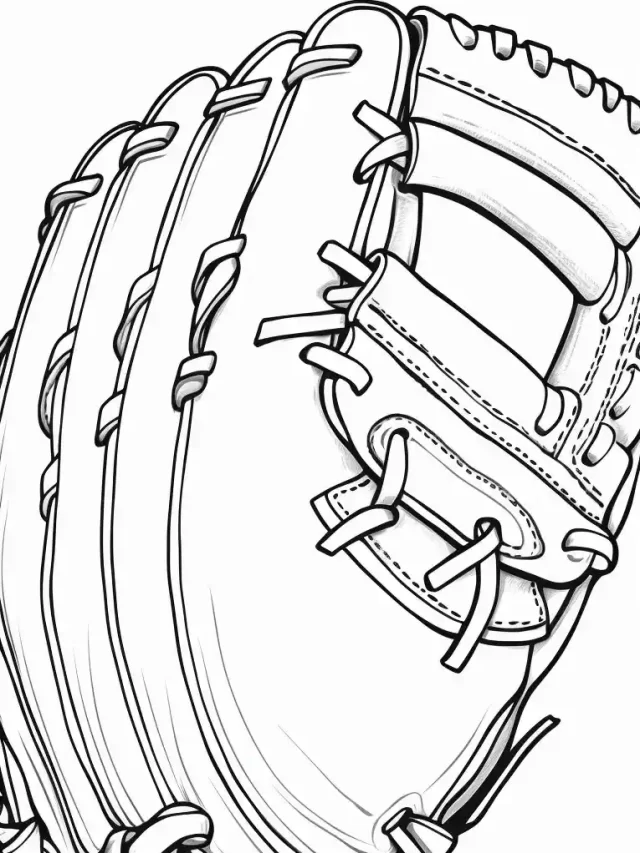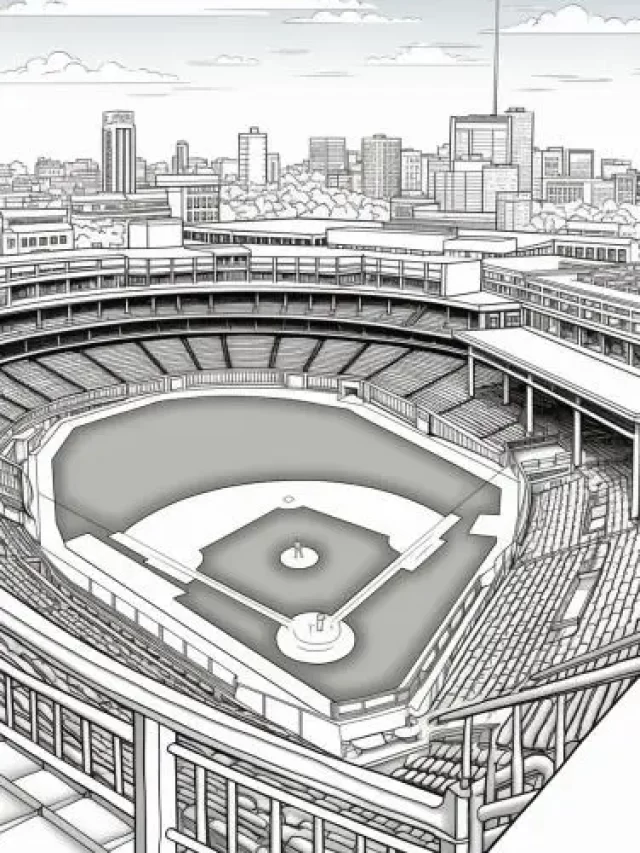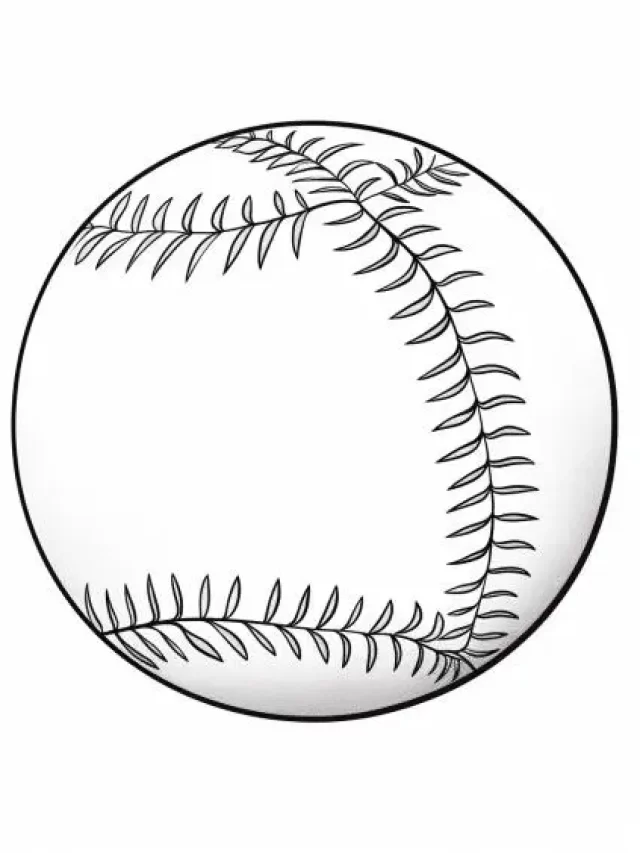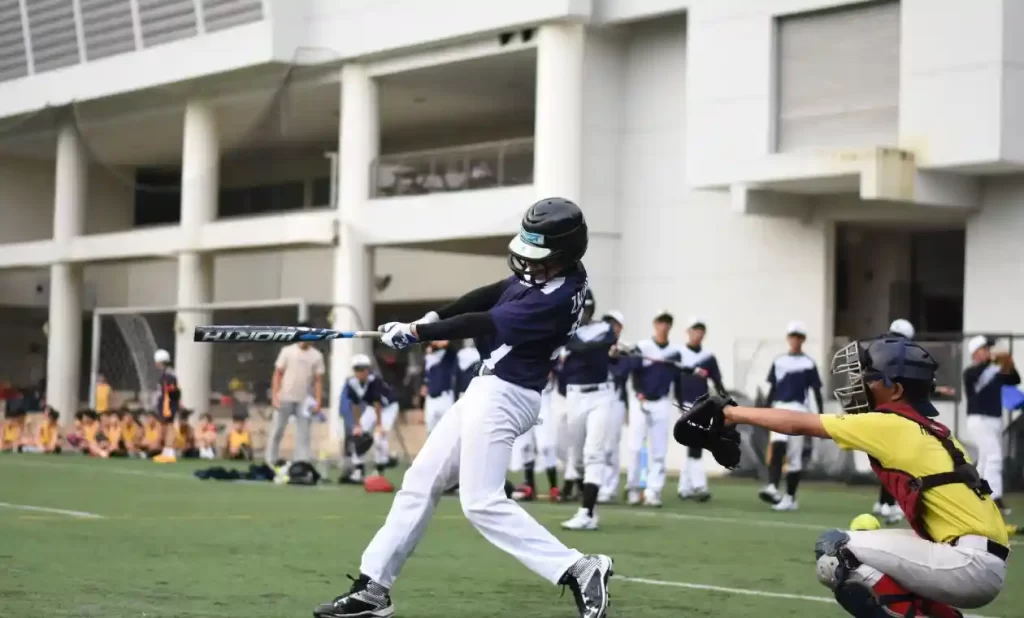Factors Affecting the Duration of Baseball Games

Baseball, often hailed as America’s pastime, is a sport rich in tradition and history. It’s a game that has captured the hearts of fans for generations. But have you ever wondered, “How long is a baseball game?” It’s a question that has piqued the curiosity of both die-hard fans and casual observers. In this blog, we will embark on a fascinating journey to explore the evolution of how long a baseball game lasts.
The duration of a baseball game has been a topic of intrigue and debate. From innings that seem to stretch into eternity to nail-biting extra-inning showdowns, the length of a baseball game can vary significantly. To unravel this mystery, we’ll delve into the factors that influence game duration, analyze historical data, and even peek into the future of baseball game length.
So, grab your peanuts and Cracker Jacks as we step up to the plate and explore the intriguing world of how long a baseball game truly is.
The Standard Duration of a Baseball Game
In the world of baseball, there is a general expectation regarding the duration of a standard game. Traditionally, a regulation MLB (Major League Baseball) game is scheduled for nine innings. However, the actual time it takes for a game to reach its conclusion can vary.
A typical nine-inning game often lasts around three hours, give or take a few minutes. This standard duration takes into account factors like pitching changes, offensive plays, and the occasional stoppage. Yet, as any baseball enthusiast knows, the game can sometimes take unexpected turns, leading to longer or shorter affairs.
Influencing Factors on Game Duration
Why do some baseball games breeze by in under three hours, while others seem to stretch into marathon sessions? The answer lies in a complex interplay of factors that can significantly impact game duration.
Role of Pitching and Defense: A well-pitched game with quick innings and minimal hits can speed up the pace. Stellar defensive plays can also shorten the game by preventing extended at-bats.
Impact of Offensive Strategies: Aggressive batting approaches, such as swinging early in the count, can lead to shorter plate appearances. Conversely, patient hitters who work deep into the count may extend games.
The Significance of Extra Innings: When the score remains tied after nine innings, extra innings come into play. These additional frames can lengthen the game, especially if both teams struggle to score.
Influence of Rule Changes Over Time: Historical rule changes, such as the introduction of the designated hitter (DH), have had repercussions on game duration. Alterations to mound visit regulations and instant replay also affect the pace of play.
Intriguingly, game duration in baseball can be a reflection of the strategies and trends of a particular era. As we’ll discover shortly, historical data offers a fascinating glimpse into the evolution of how long a baseball game lasts.
Historical Data Analysis
To truly understand how long a baseball game lasts, we must turn to historical data. Baseball, with its meticulous record-keeping, provides a treasure trove of statistics that allow us to trace the evolution of game duration.
Trends in Game Length: Throughout baseball’s storied history, game lengths have experienced fluctuations. In the early days of the sport, games were often completed in well under two hours. However, as the game evolved, so did the factors that influenced its duration.
One fascinating trend is the gradual lengthening of games over the decades. The mid-20th century saw games routinely finishing in just over two hours. Yet, as the game became more strategic and specialized, game lengths expanded, with some surpassing the three-hour mark.
Highlighting Significant Games: Within the vast annals of baseball history, there are iconic games that stand out due to their exceptional duration. These marathon contests have left a lasting imprint on the sport and continue to be celebrated by fans.
For instance, the famous 1984 game between the Milwaukee Brewers and the Chicago White Sox stretched to a record-setting eight hours and six minutes, spanning 25 innings. This game serves as a testament to the unpredictable nature of baseball and its capacity to captivate even during extended battles.
As we delve deeper into the historical context, we gain insights into the factors that contributed to these notable game lengths. From pitching duels to dramatic late-inning rallies, each game offers a unique chapter in the story of baseball’s enduring appeal.
Factors Beyond the Field
While the action on the baseball diamond is the primary driver of game duration, several external factors play a crucial role in shaping how long a baseball game lasts. These factors offer valuable insights into the intricacies of the sport.
Influence of Weather Conditions: Baseball is an outdoor sport, and as such, it’s susceptible to the whims of Mother Nature. Weather conditions, such as rain delays or extreme heat, can disrupt games and extend their duration.
Commercial Breaks and Broadcasting: Television broadcasts and commercial breaks are integral to modern sports. While they provide revenue and exposure, they can also contribute to longer games. Networks aim to strike a balance between advertising opportunities and fan engagement.
Fan Engagement and Traditions: Baseball has a rich tapestry of traditions, including the seventh-inning stretch and the singing of “Take Me Out to the Ballgame.” These moments of fan engagement contribute to the unique charm of the sport but can also add time to the game.
Baseball Game Duration Around the World
While Major League Baseball (MLB) in the United States is the most well-known baseball league, the sport is played and enjoyed worldwide. Interestingly, the duration of a baseball game can vary significantly depending on the league and the cultural context.
A Comparison of MLB Game Lengths: In MLB, as we’ve discussed, the average game duration hovers around three hours. This standard has been influenced by the league’s history, rules, and traditions.
However, when we look beyond MLB, we find differences in game lengths. In Japanese professional baseball, for instance, games tend to be shorter, with a strong emphasis on efficient play. In contrast, games in the Korean Baseball Organization (KBO) can often exceed three hours, with more offense and extended celebrations.
Cultural Factors: Cultural influences also shape game duration. In some countries, baseball games are seen as social events, with extended breaks for food, drinks, and camaraderie among fans. This cultural context can lead to longer game times.
Understanding these global variations provides a richer perspective on how baseball adapts to different societies and traditions.
Notable Cases of Exceptionally Long Games
While baseball is known for its nine-inning structure, it has also produced memorable games that defy expectations in terms of duration. Here are a few notable examples:
The 1984 Chicago White Sox vs. Milwaukee Brewers Game: This epic 25-inning battle is an enduring symbol of perseverance in baseball. The game lasted a remarkable eight hours and six minutes, making it the longest in MLB history.
The 2018 NLDS: Dodgers vs. Red Sox Game 3: Postseason games are known for their intensity, and this 18-inning marathon lived up to that reputation. It stretched for seven hours and 20 minutes and included several clutch performances.
The 1920 Brooklyn Robins vs. Boston Braves Game: This 26-inning contest holds the record for the longest game in terms of innings. While it took over three hours to complete, it stands as a testament to the endurance of early baseball players.
These lengthy games are celebrated for their drama and the resilience displayed by both teams. They remind us that baseball, with its unpredictable nature, can deliver moments of historical significance.
The Future of Baseball Game Duration
As baseball evolves in response to changing tastes and expectations, questions about the future of game duration arise. What will baseball look like in the years to come, and how long will a typical game last?
Speculations on How Game Duration Might Evolve: Baseball stakeholders, including fans, players, and league officials, are actively exploring ways to adapt to the modern era. While preserving the essence of the sport, they aim to enhance the viewing experience and maintain fan engagement.
– Rule Adjustments: Further rule changes may be implemented to encourage efficient play. These adjustments could include modifying mound visit regulations, refining replay review processes, or introducing innovative concepts.
– Technology Integration: Advances in technology, such as the use of wearable devices to track player movements and performance, may lead to more data-driven decision-making, potentially streamlining in-game strategies.
– Fan Interactivity: Leagues may explore ways to enhance fan interaction during games, offering immersive experiences that keep viewers engaged throughout the contest.
– Balancing Tradition and Efficiency: Baseball will continue to grapple with the challenge of balancing tradition with efficiency. Striking the right balance will be crucial in determining the future of game duration.
Conclusion
In our journey to explore how long a baseball game lasts, we’ve traveled through time, analyzing the factors that influence game duration. From historical data to memorable marathon games, we’ve gained insights into the rich tapestry of baseball’s past.
As baseball continues to evolve, so too will the answer to the question, “How long is a baseball game?” Whether it’s a brisk nine-inning showdown or an unforgettable extra-inning epic, one thing remains constant—baseball’s ability to captivate fans and create timeless moments.
Baseball Game FAQs
[sp_easyaccordion id=”580″]

Meet Daniel Anderson, the heart and soul behind Baseball Pro Picks. At 49, Daniel’s life has revolved around baseball, a passion that’s as strong today as it was when he first fell in love with the game. Living in the USA, Daniel has dedicated countless hours to watching, analyzing, and understanding every pitch, hit, and home run, making almost no game missed. His deep-rooted love for the sport is matched only by his commitment to sharing insightful, expert analysis with fellow baseball enthusiasts. With decades of experience and a keen eye for the game’s nuances, Daniel brings a unique perspective that enriches Baseball Pro Picks. Trust Daniel to guide you through the intricacies of baseball with the authority and trustworthiness of a true aficionado.












